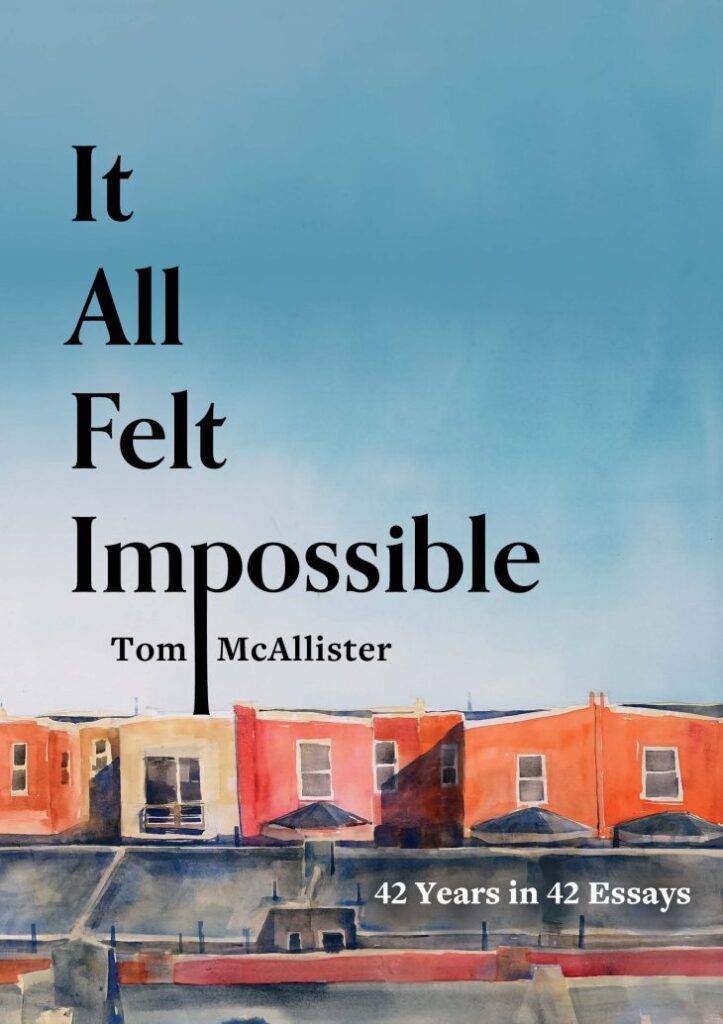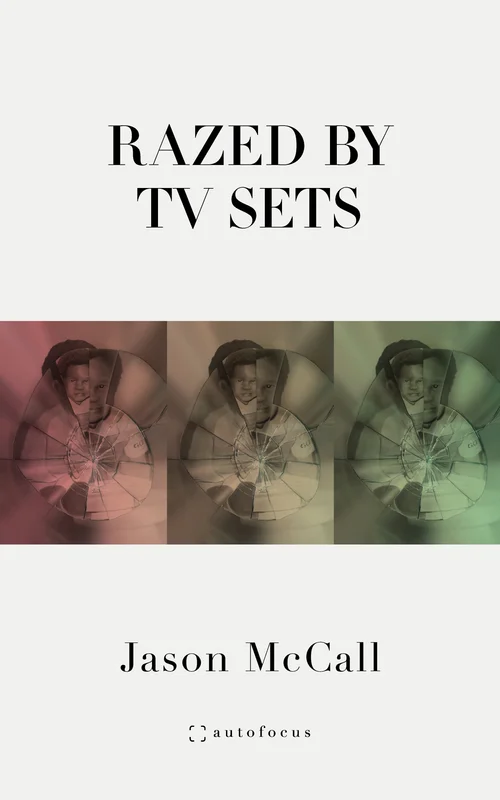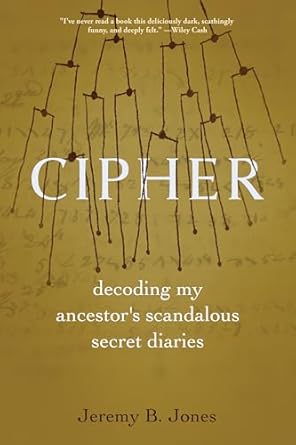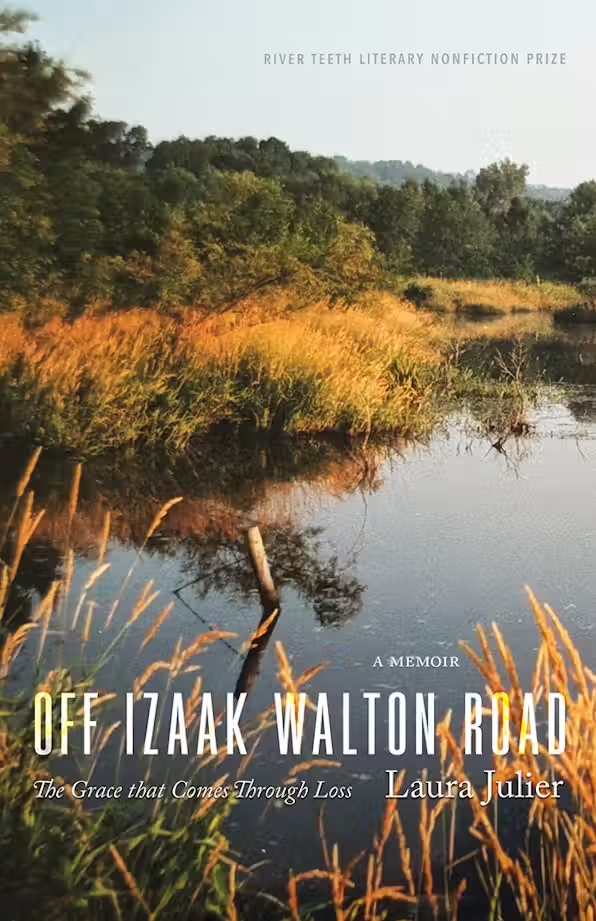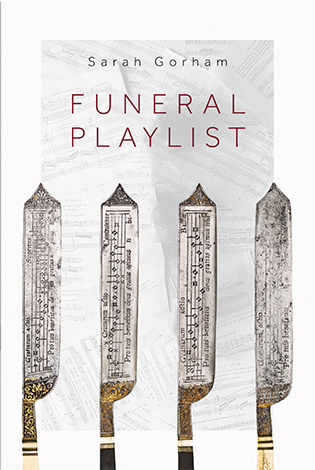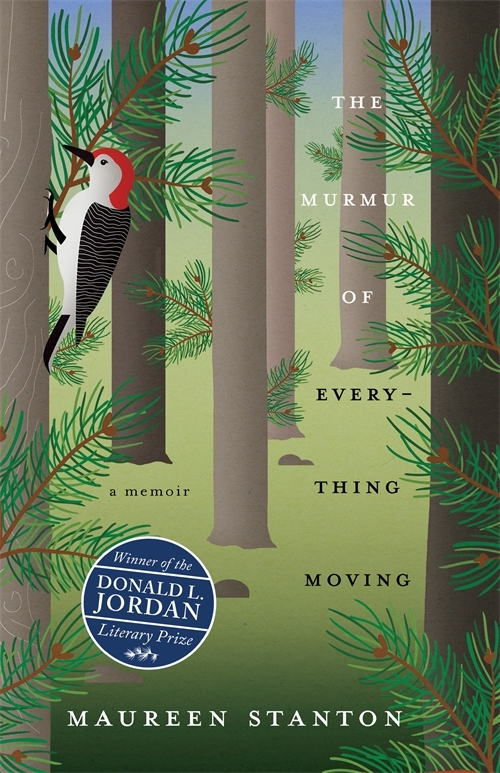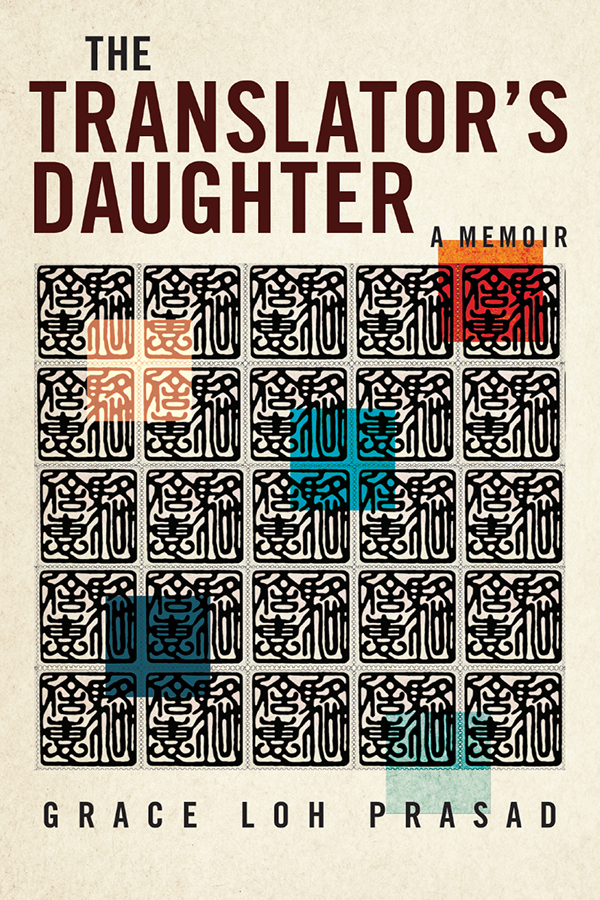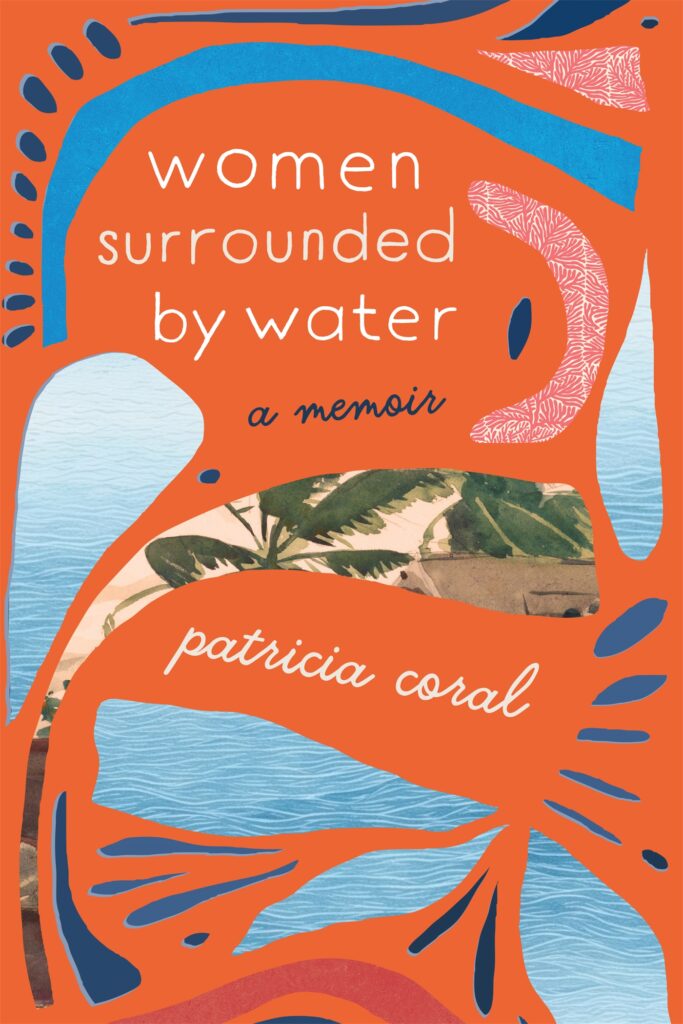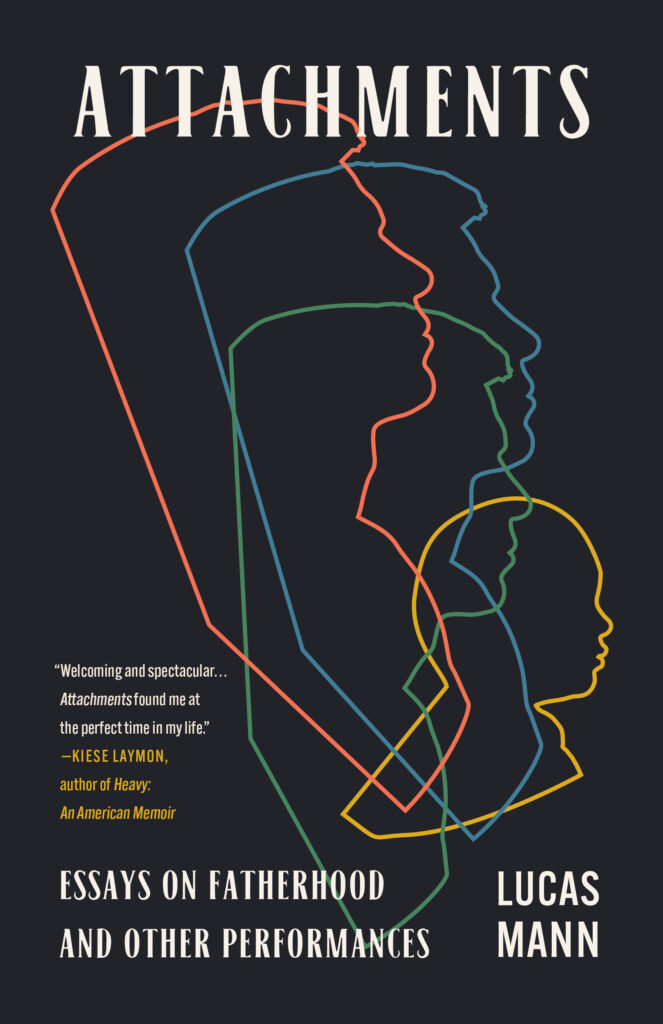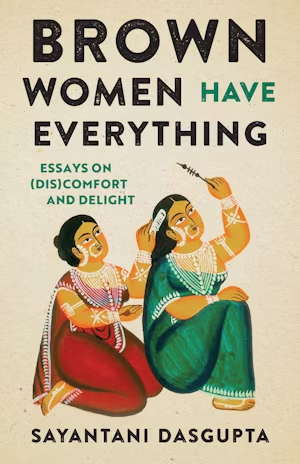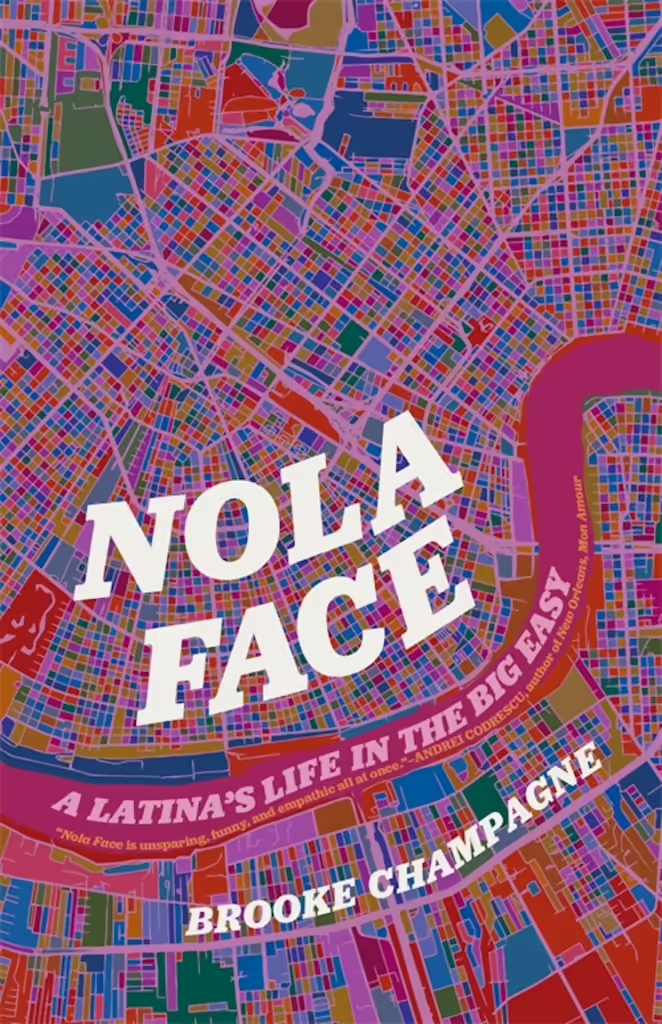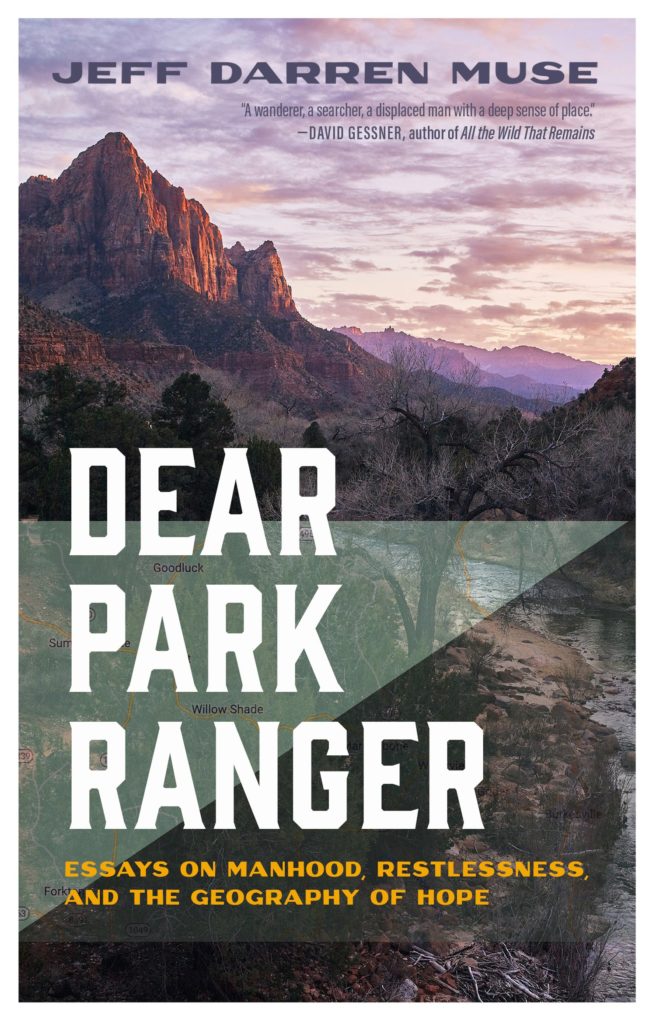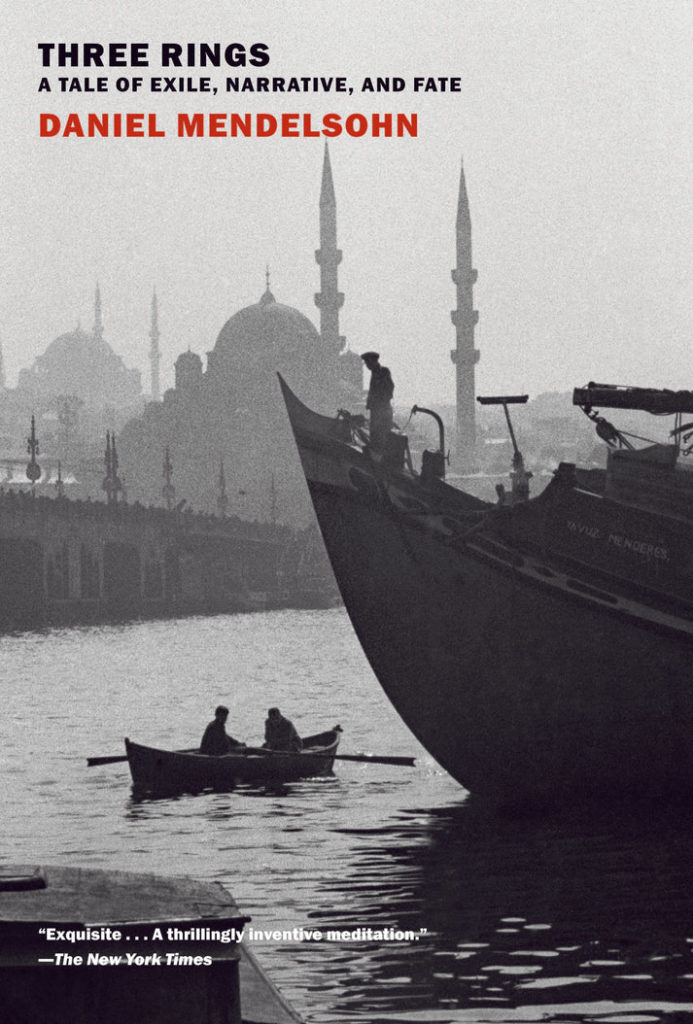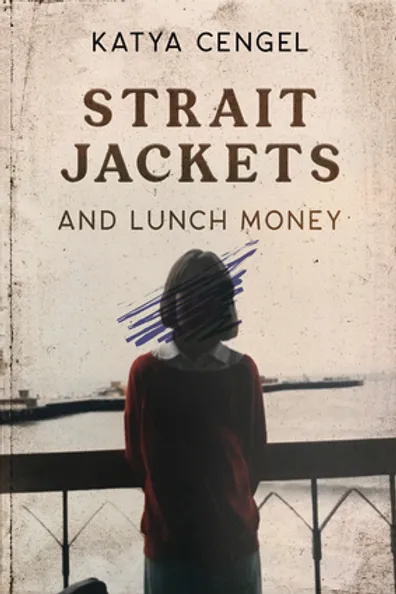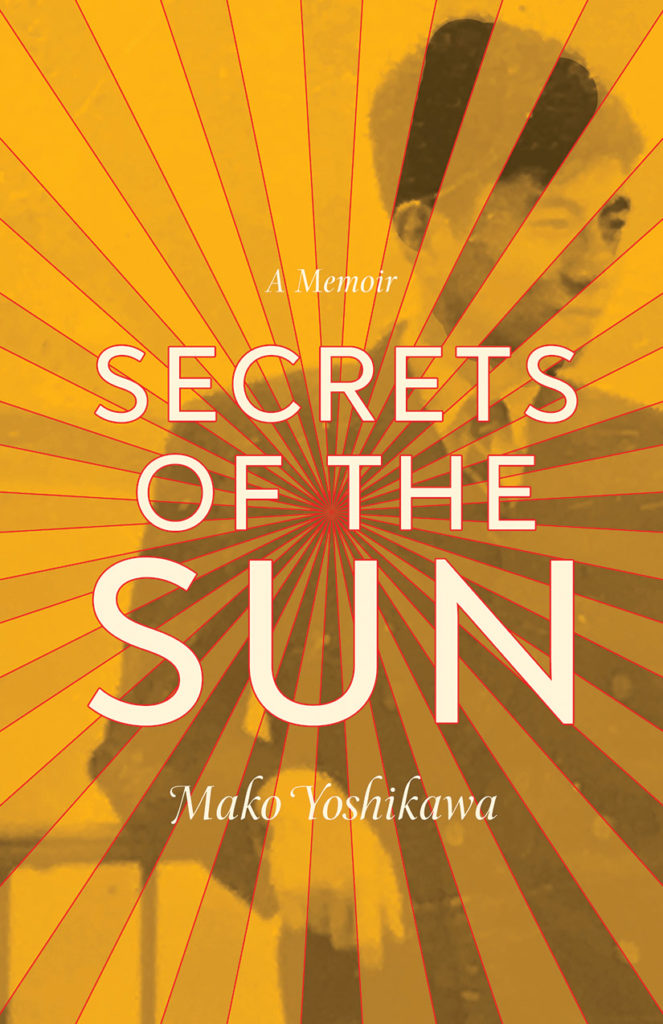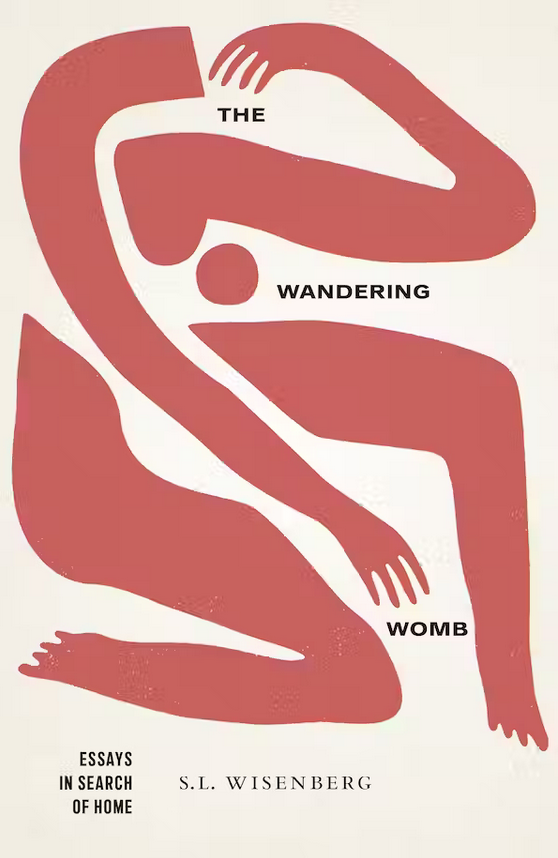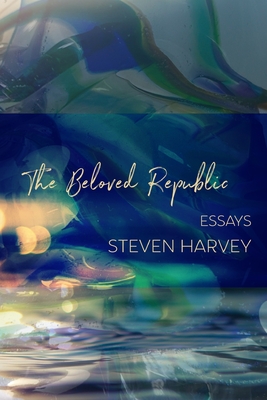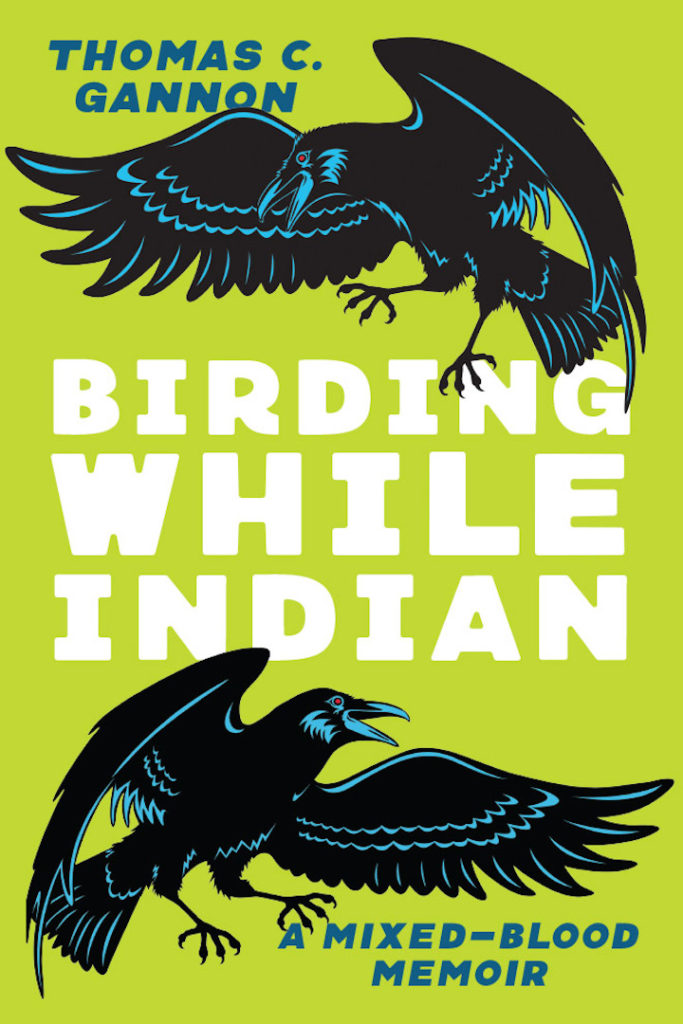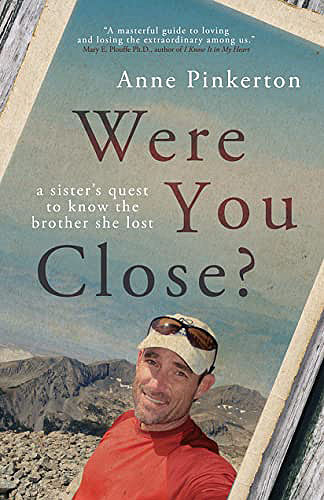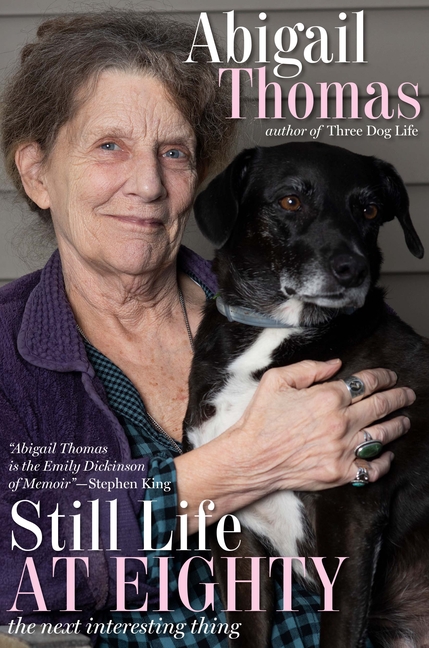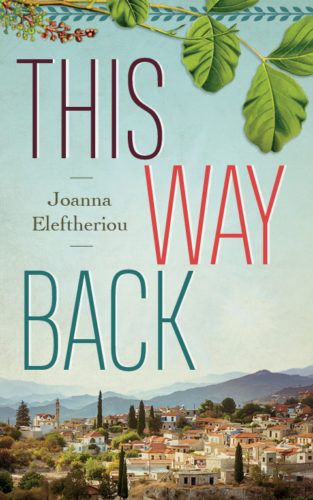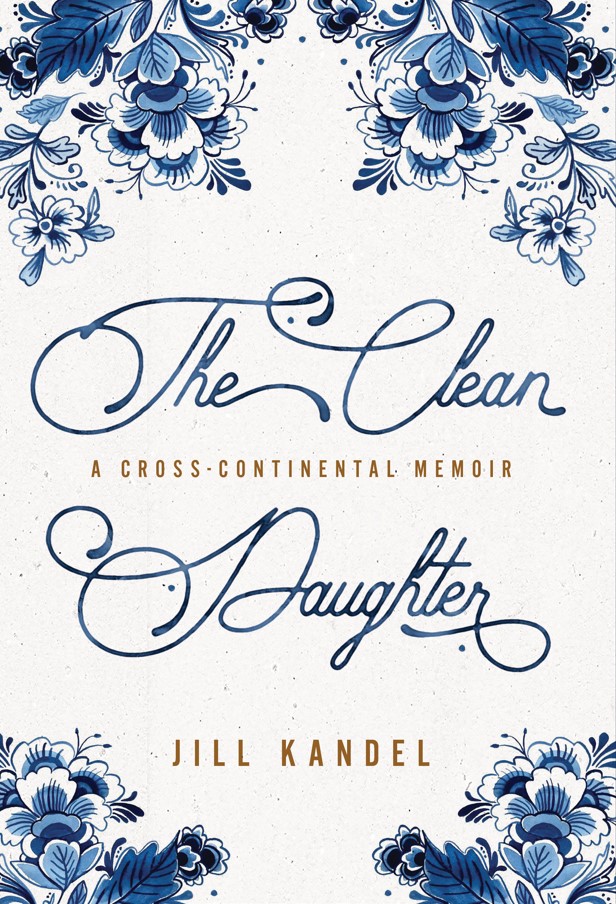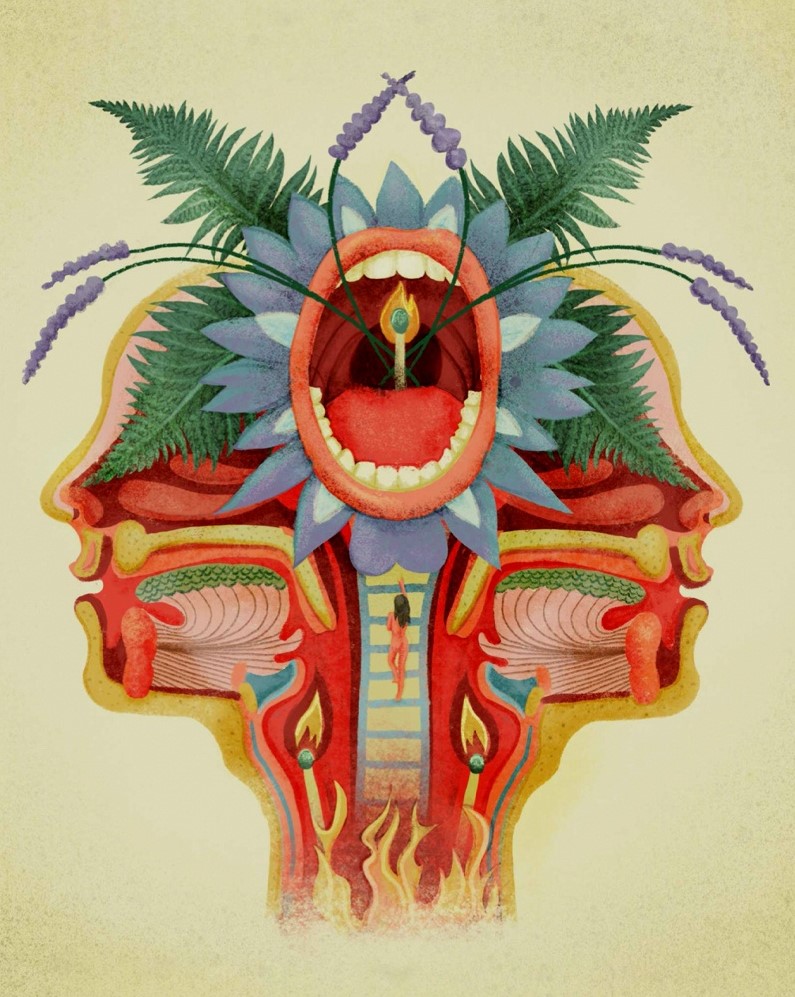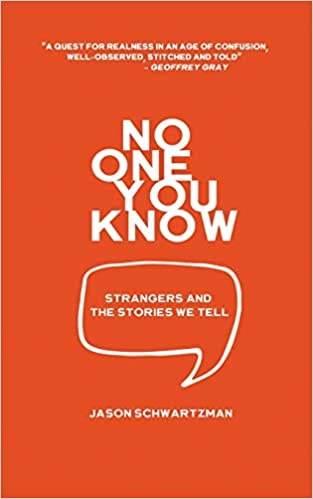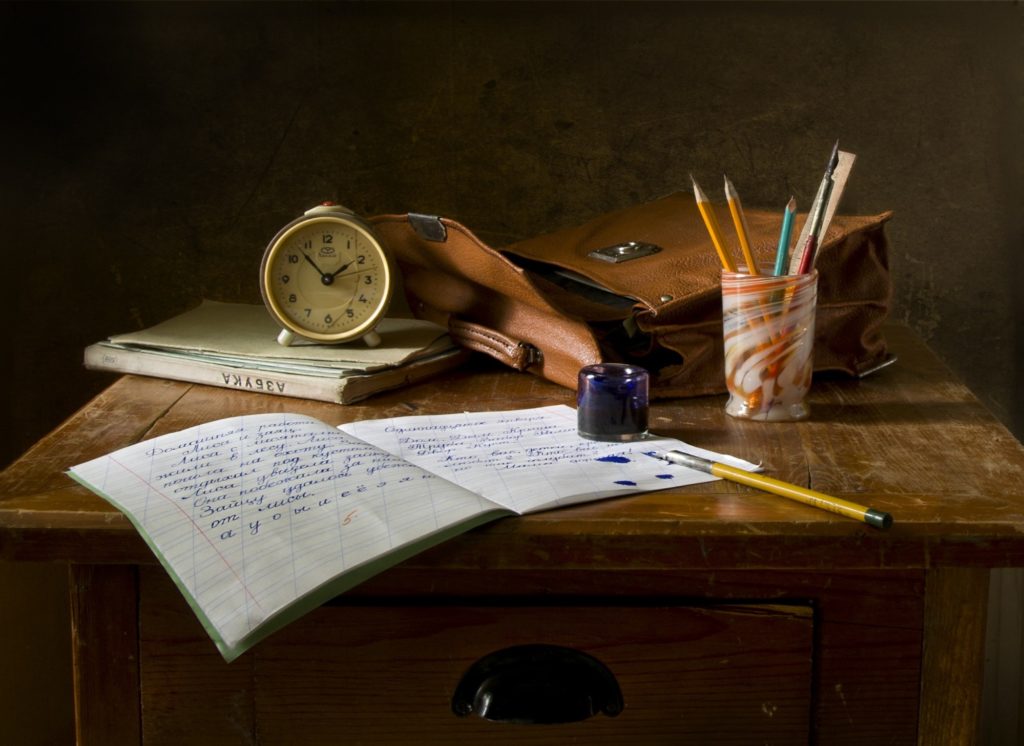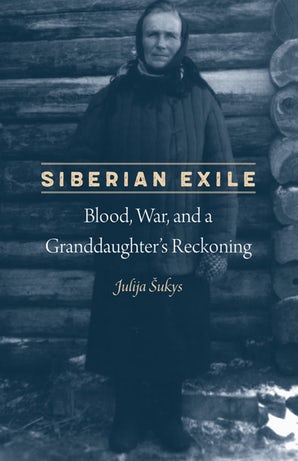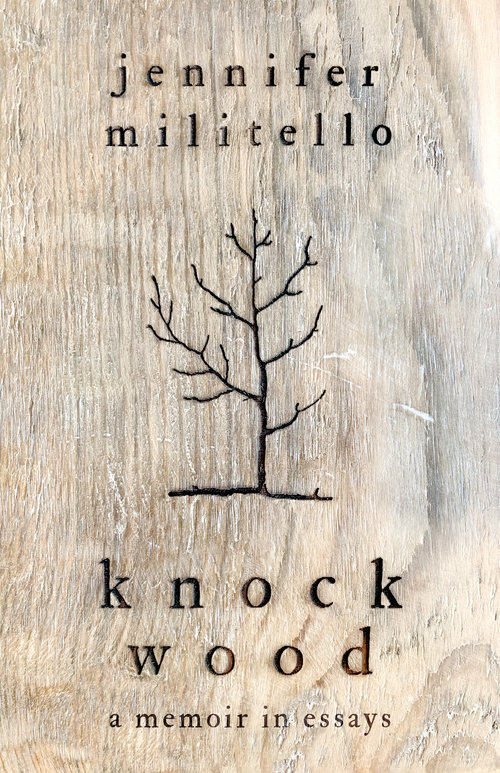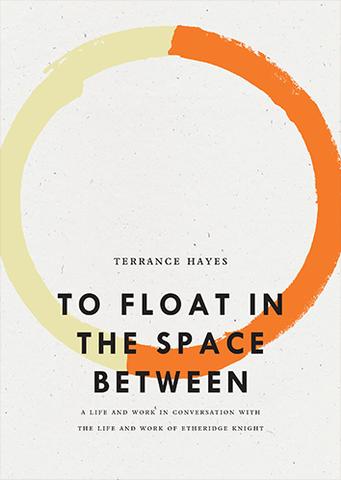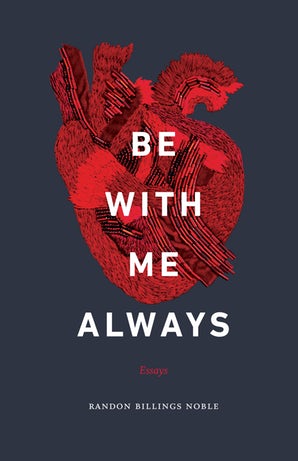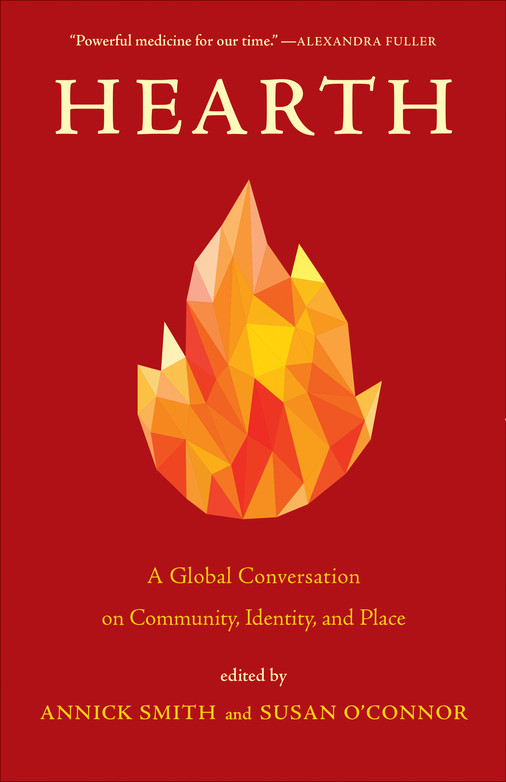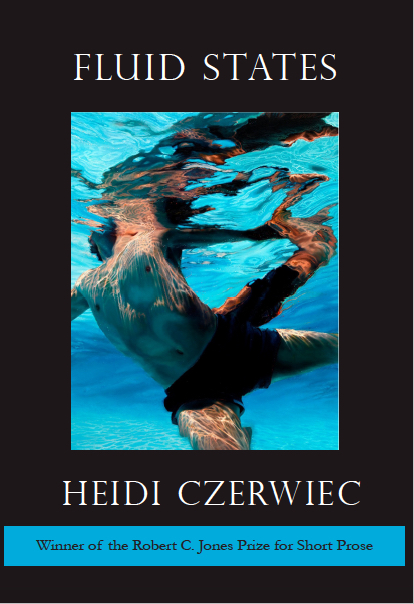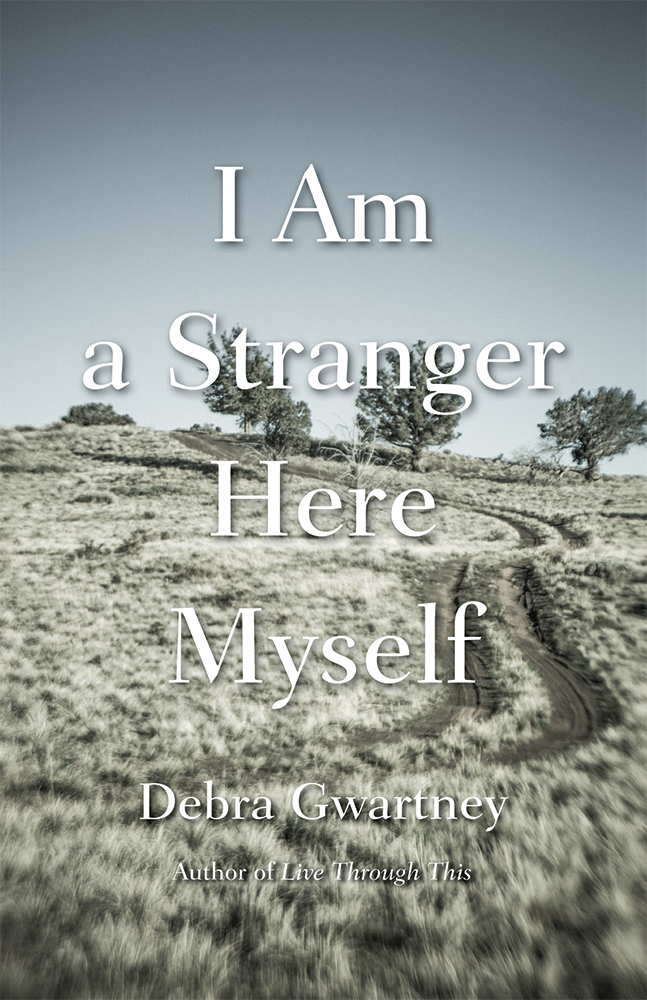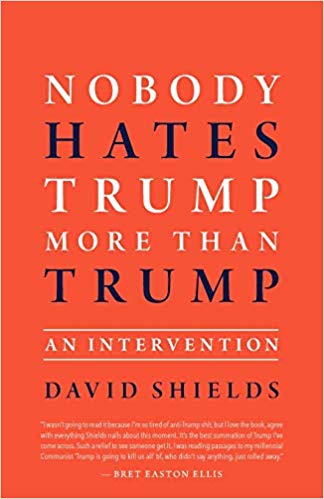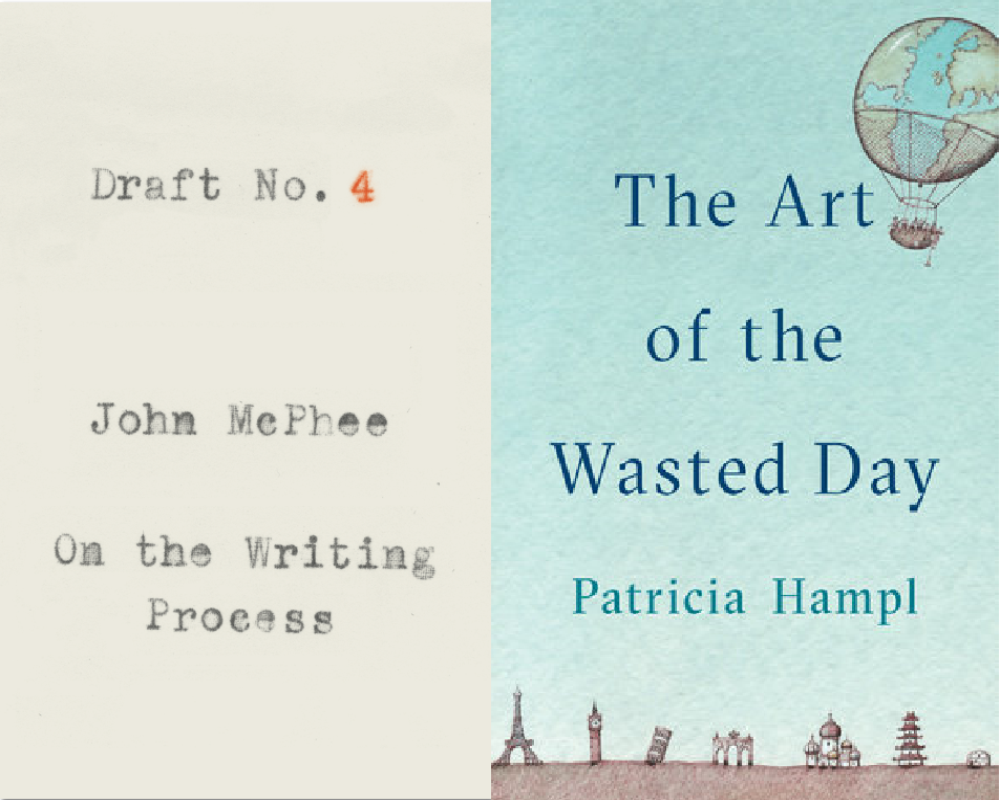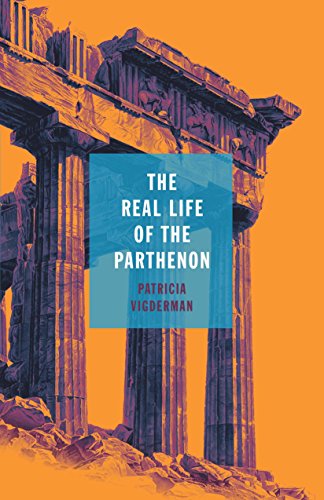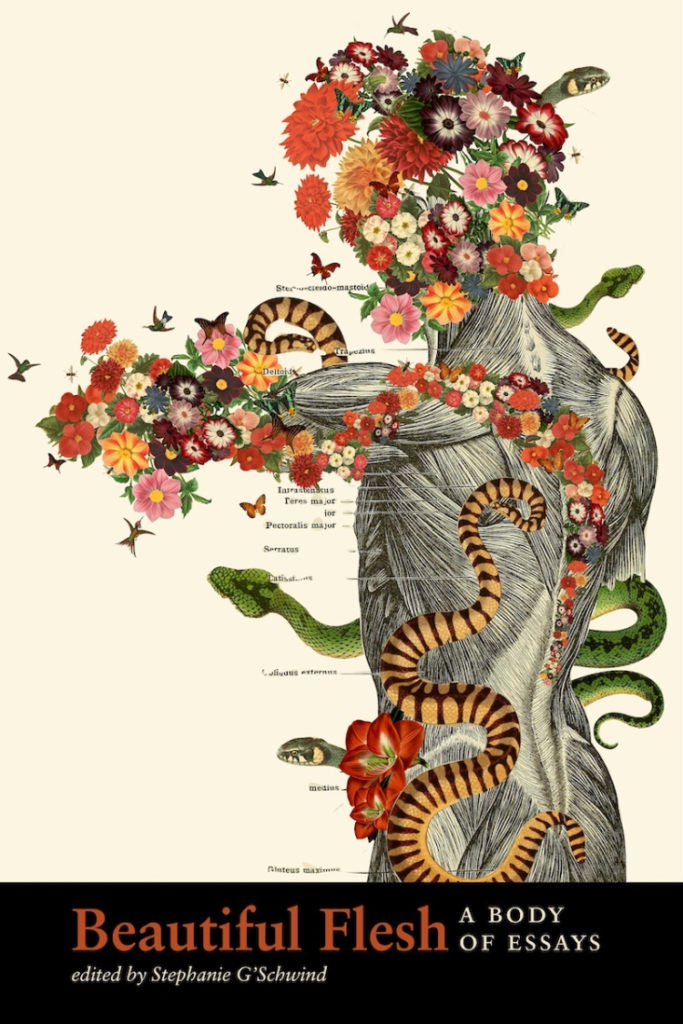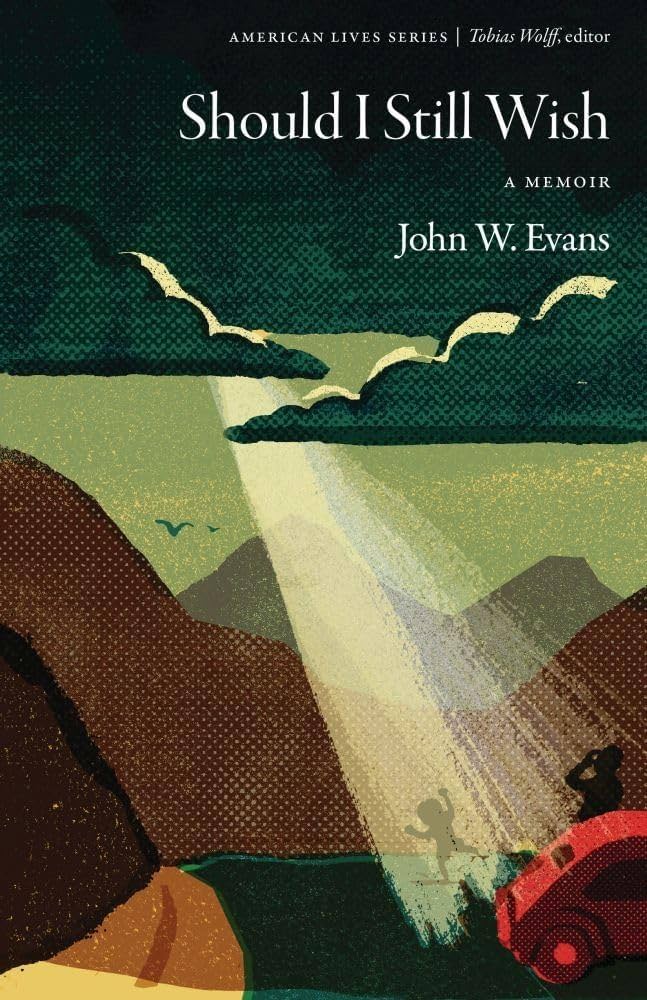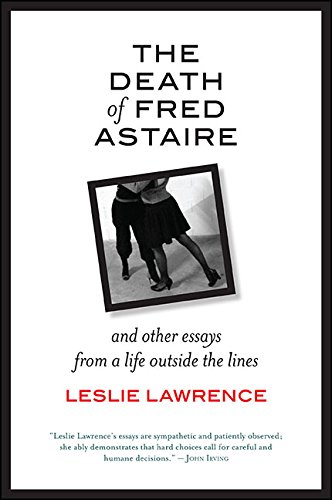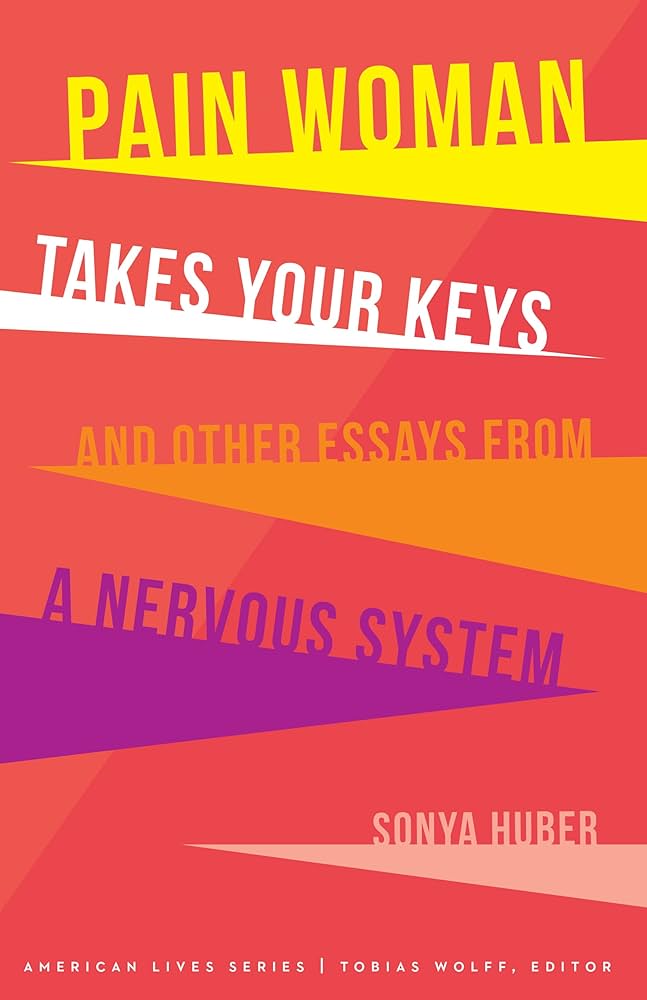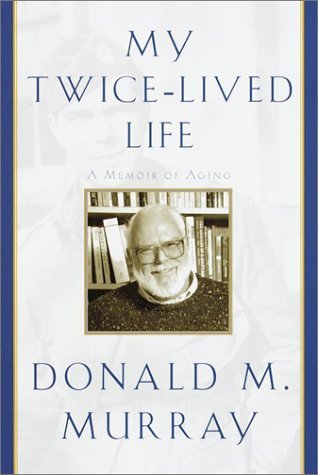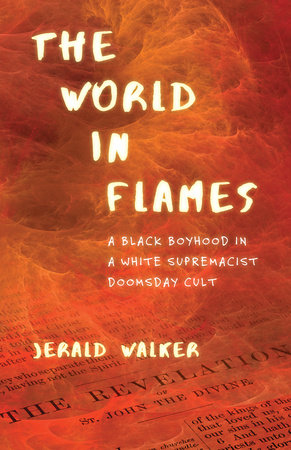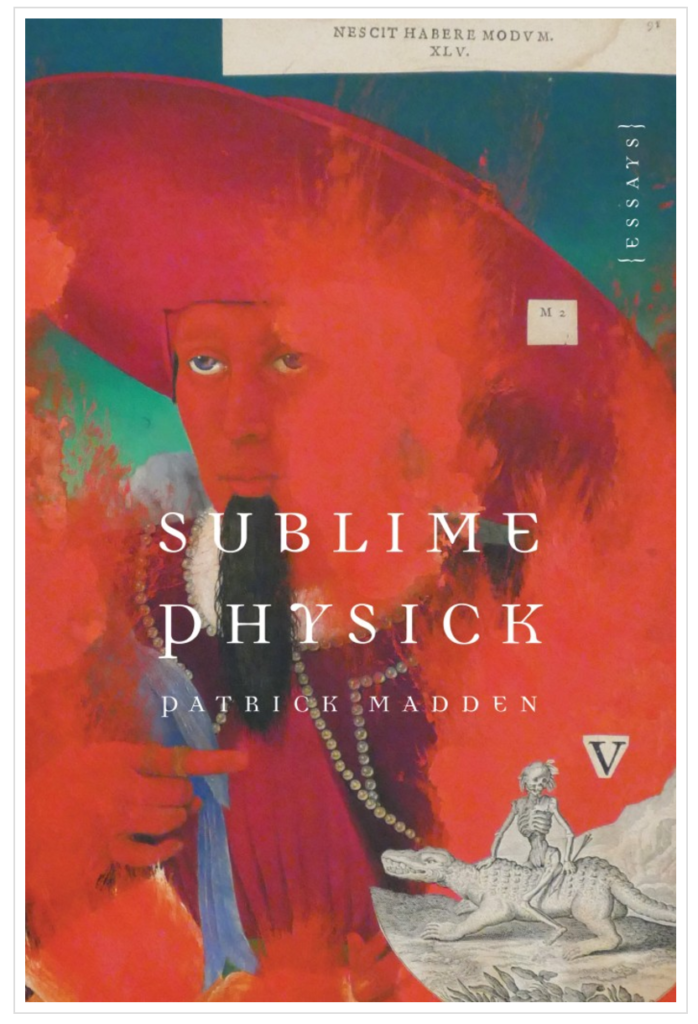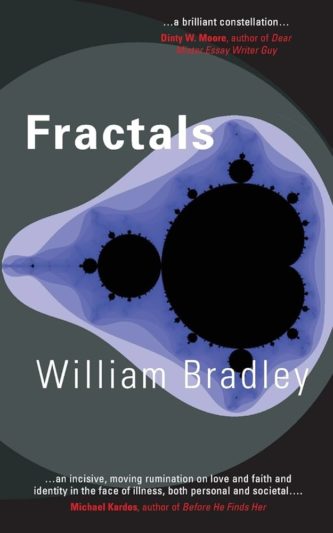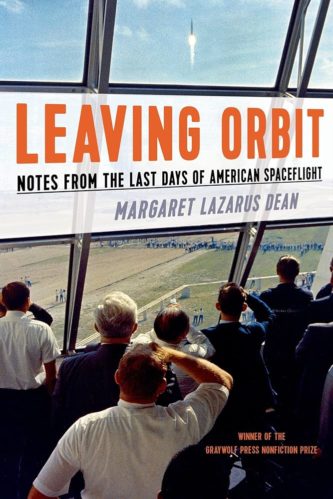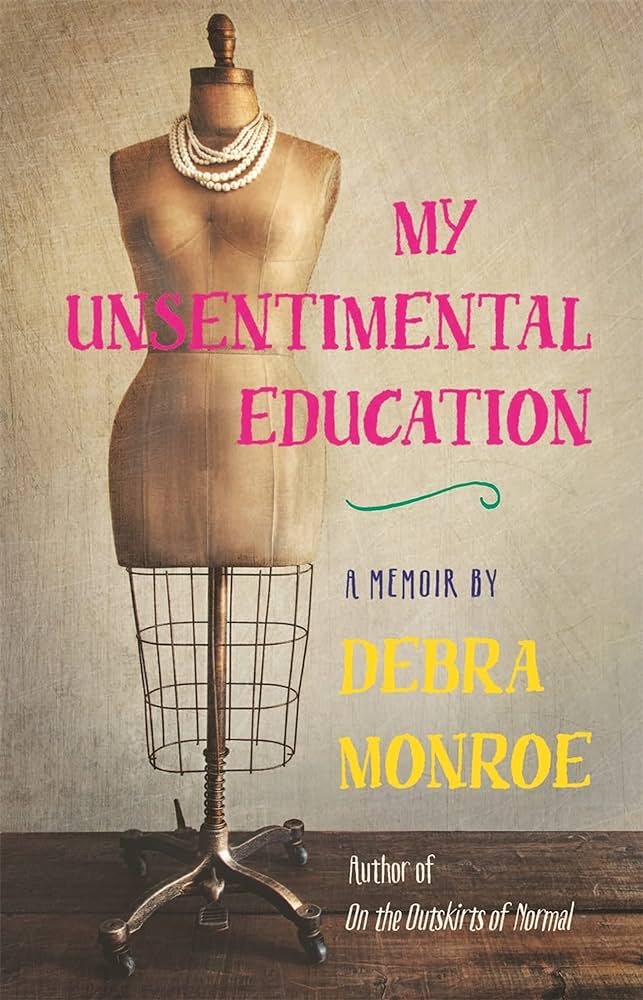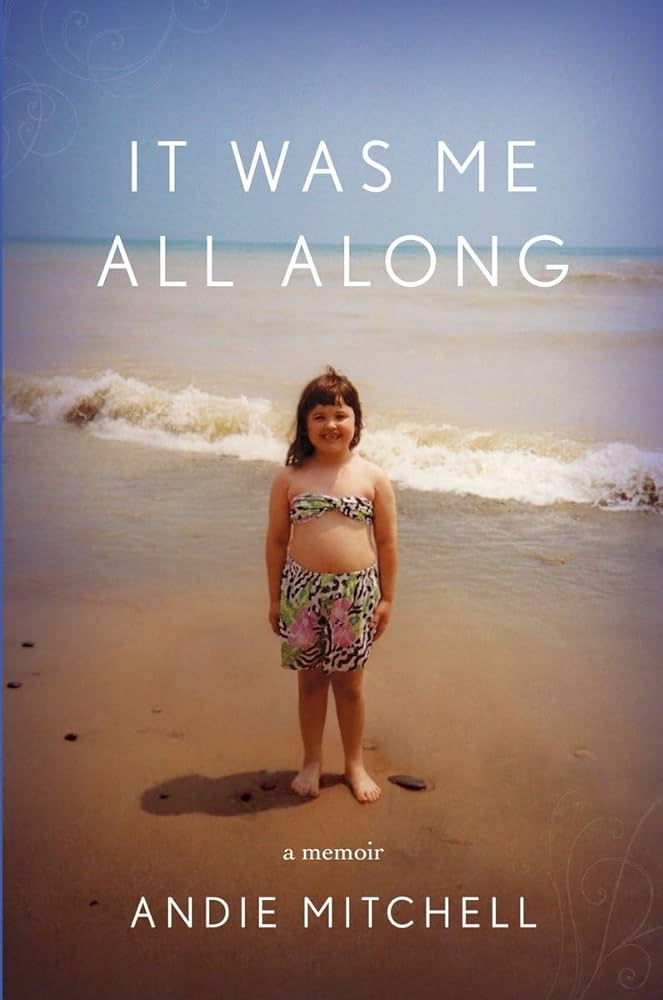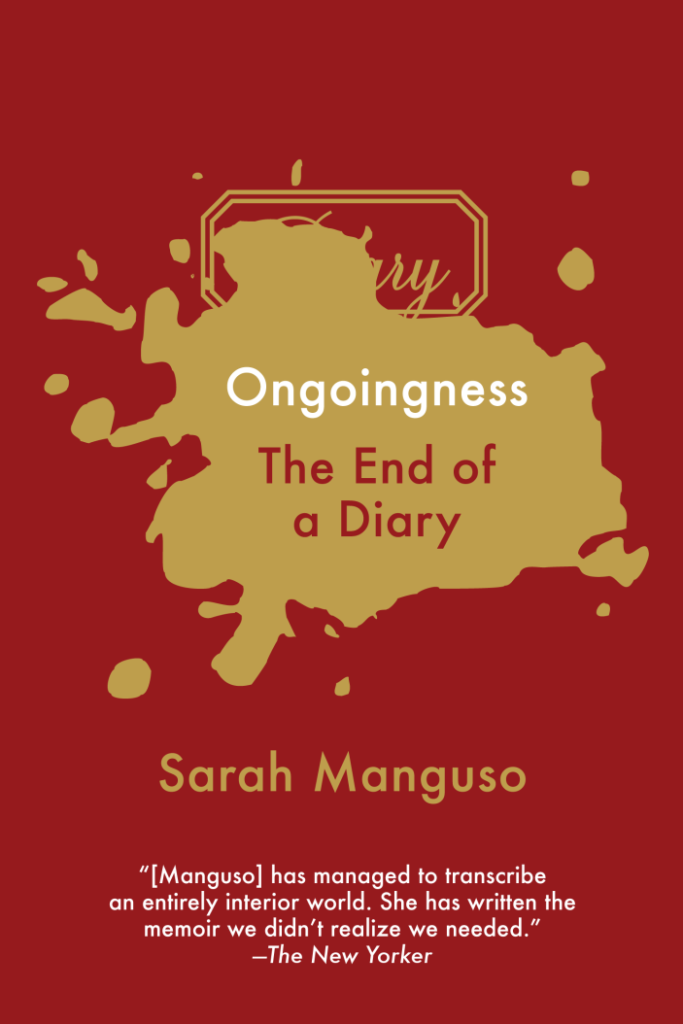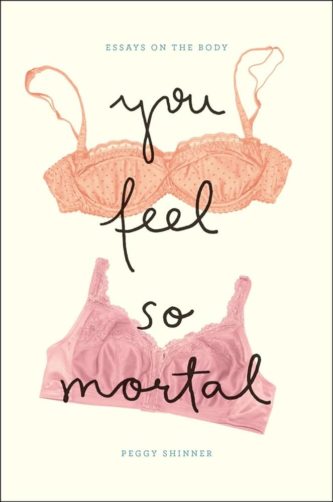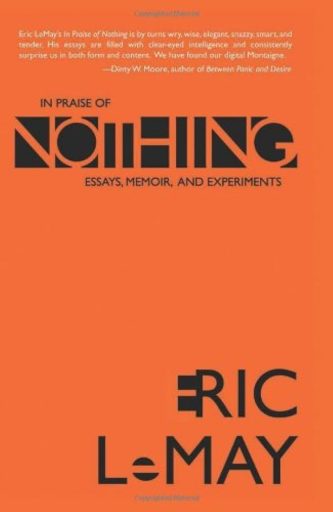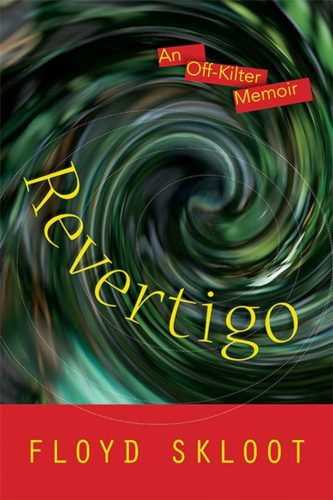By Amber Anderson
The Dog Lover Unit: Lessons in Courage from the World’s K9 Cops by Rachel Rose
While most humans encounter daily stress, how many, given the chance, would volunteer to face their extreme fears? To be a recipient of a violent act, to pursue violent perpetrators, to report on those who confront violence—willingly, courageously—this is the fascinating world of The Dog Lover Unit: Lessons in Courage from the World’s K9 Cops.
Vancouver Poet Laureate Rachel Rose begins her story as a tiny, feminine, fluffy-white-dog-owner. Paging through the photographs, we note her small, soft stature juxtaposed with hulking, heroic cops and their often-snarling dogs. But those pictures reveal a superficial truth. The author’s adventurous writing about the world of police dogs unearths their handlers’ hidden fears, deep-seeded regrets, and underlying problems that most police officers never articulate. In a journey through four countries, pursuing canine law enforcement units and their stories, Rose delivers a multi-faceted immersion memoir: observations, interviews, analysis, criticisms, and praise of how different nations approach policing with and without dogs.
Initially, Rose sets out to learn all she can about police-dog units, but immersing herself in moment-to-moment fears of K9 units unexpectedly teaches her new lessons in courage. It shouldn’t come as a surprise that a poet would create insightful metaphors from dog bites and tracking criminals, but Rose does it with ease, and I found myself connecting aspects of my own life to K9-unit culture.
Rose first immerses us in the Royal Canadian Mounted Police, a federal law enforcement agency. The Canadian chapters orient us to K9 units at all levels: from Innisfail, a training program in Alberta where all Canadian police dogs are “bred, born, and raised,” to the homes where successful working dogs retire. Rose ignites our senses while she feeds us meticulously researched information. The following excerpt initiates Rose (and us) to her first bite, sparking a metaphor for her journey of healing and growth.
What I haven’t anticipated is the force of his strike. I make the mistake of bracing, fighting Cade as he shakes me, rather than moving along with him as the experienced quarries do. Quarries are what they call the suckers like me who volunteer to get chewed on. Most of them are cops who want to be police dog handlers. . . .Cade is waltzing me in some kind of convulsive box step as he drags me around. The adrenaline rush narrows everything around me: the other cops disappear; the whole world is nothing but Cade gripping my arm. Life is simple: I’m fighting to escape and Cade is making sure I can’t.
Rose quickly becomes addicted to the police dog work. It is physical, instinctive, and far less cerebral than the work of a poet. Additionally, she spends long days or even weeks away from her family: the family that demands her problem-solving and infinite compassion. As a mother to a struggling child, wife to a woman in the high-demand-job of a police doctor, and a professional writer, Rose seeks reprieve. And the dogs deliver.
In addition to quarrying, Rose participates in tracking, which includes running with the dogs through rough terrain, hopping walls, crawling under barbed wire fences, circling, retreating, whatever must be done to reach the bad guy—even, in some cases, a missing child or a senile senior citizen. She and the cops prepare for long nights drinking liters of coffee at Tim Horton’s. She spends days in puppy breeding and training facilities and interviews dozens of volunteers, handlers, and law enforcement agents.
Despite the quantity of research subjects, Rose is determined to portray individuals. Readers will remember each dog and his “dad” (the term for the handler) for different reasons, but only because Rose writes of them with probity. Darrell and his dog Cade are unforgettable. Both exemplify the remarkable energy, focus, temperament, and acute senses necessary to be a successful K9 team. When Darrell has to take a leave of absence for family reasons and give up Cade to another officer, we grieve his loss. Darrell and Cade exemplify the strong bond that is created through handler and dog; all the subsequent stories reinforce this simple, beautiful relationship.
In the midst of the Canadian stories, Rose weaves in her travels through California, Iowa, and Washington. An American expat (as am I), it is easy to sense the tone shift when she reports on American policing. Rose shows restraint with her opinion when interviewing but does not hold back her opinions.
“I’m pro-second amendment, pro-gun,” Davis continues. “I’ve been shot at two or three times.” I don’t say anything. To me, the proliferation of guns in America poses the greatest possible threat to democracy. But I want to listen.
The listening pays off when Sheriff Davis lets us in on a traumatic memory: seeing the rape of a twelve-year-old girl. Rose just listens and implicitly reveals how even a gun-loving tough guy has a huge heart. It seems to take her by surprise but also builds her confidence in questioning. The interviews with American cops embolden Rose. She asks questions everyone wants to know—especially those who mistrust the law enforcement system. She asks California Officer Negri questions throughout their time together that elucidate where many officers are coming from.
“What do you wish people knew?”
“That we’re not robots. What makes law enforcement unique is that everyone is different. What we all have in common is why we do the job. We have a strong ethical compass. We want to take care of community and family. Unless you’re crazy, that’s the only reason why. And it’s fun, it really is. Anyone can be a cop. Not anyone can be a great cop.”
“What about corrupt cops?”
“There are a few who go in for the wrong reasons. When you hear about cops going on criminal activity, that infuriates us. It’s an insult to the badge, to the community that supports us. One bad incident negates a hundred positive instances.”
The vast majority of K9 teams that Rose gets to know are male, so when she finally meets some females, we share her excitement and intrigue. She gets to know Chrisa, the first Canadian female police dog, as well as Corporal Michelle Onysko, a handler who crushes her hand “in the powerful handshake of a fearless woman.” A memorably good cop, Onysko is one who defies stereotypes and yet opens up in ways her male counterparts have not. Her unique perspective enlightens us to the female-in-a-male’s-world point of view as well as a strong-willed cop who is unafraid to show her emotions but can’t always contain them.
At this point, Rose takes a giant leap across the pond, steering us into new territory. Once in London, we share her surprise as she encounters a staff of majority-female dog handlers, a ban on pit bulls as pets, and constables who police without firearms. The gun conversation is quite the opposite in the United Kingdom, and Rose is quick to bond with the British viewpoints.
Sergeant Suggitt says, “I think that if they did a poll if police officers want to be armed, over ninety percent would say no. I’ve never met one who did want to be armed.” I’m thinking of what a contrast this is to the U.S. where both citizens and cops seem locked in an arms race, and police forces are acquiring more military gear every year as a defensive strategy. . . . It makes me sick, which is part of the reason I’m here. I want to see a different way of policing.
Rose also illuminates the “bark and hold” method of apprehending criminals—where dogs will only bite if the pursuant flees. Surprisingly, the UK probes Rose’s thinking—obsessing her with police tactics. Her sensitive, inquiring core can’t help but wonder why the U.S. can’t learn from other countries on a number of counts. For U.S. expats, contrasting America with other countries is a pastime. Not because we don’t love America, but because of that love.
The London chapter takes us to the present with recent—and sure to increase—terrorist attacks that require K9 expertise. Despite these mounting risks in London, Rose is optimistic in her summation. “The social contract is distinct in London: it’s built on faith, not force, and that makes all the difference.”
The trip to Paris is skillfully saved for last, as the French K9 experience is unique, dramatic, and inspirational. The humble, financially-strapped Paris police force is in the aftershocks of the November 2015 terrorist massacre at the Bataclan when Rose visits. Coincidentally, just two weeks before the violence, my family and I wandered the Parisian streets in the neighborhoods where dozens of people were killed. The book shifts to a dead sober tone and a climax that portrays the current dangers of our world.
The Parisian Brigade Cynophile (translated to English: Dog Lover Unit) uses more dogs rehabilitated from rescue than dogs got from breeders. This nonconformity is one of many for France’s K9 units. Rose brings forth each detail that separates France from North America: some cops kiss each other on the cheeks for greetings, the K9 units are severely underfunded, the dogs are kenneled at the station overnight, and, most notably, the dogs are always muzzled. By law, police can only remove the muzzle if a criminal is armed; the reasoning behind this stems from the trauma of Nazis using dogs to round up Jewish people and guard against mobs. The French will not forgive or forget such inhumane treatment.
After a few days with the Brigade Cynophile, Rose is encouraged to be attacked by a muzzled dog. Since she has already endured attacks with a bite sleeve in Canada (albeit with some minor injuries), she is interested, and terrified. “I don’t know! I do want to try, but I don’t want to get hurt. I want the experience without the pain!”
She dons a jock strap and a padded suit, and waddles out to the middle of a field to take on Maxou, a Tervuren Belgian shepherd. “I’m in the moment, fully committed to whatever comes next. What comes next is Maxou. He hits me like a cannonball, square in the chest, and I fall down.” After regaining her breath, she takes hit after hit, at last keeping her feet on the ground. “I feel it again: that rush of being alive, that rush after great fear. I’ve learned two things: that smart dogs can be taught anything, even how to punch, and that there is nothing better than being on the far side of an experience I dread.”
The conversations with Parisian law enforcers, conducted entirely in French and then translated for the book, reveal the greatest kind of courage: vulnerability. The officers’ stories of Bataclan and Charlie Hebdo bring those headlines back with vivid pictures and stark insights. One of the responders sums it up for Rose: “We were the first generation of police to see such violence since the Second World War.”
Through much of the book, the author hints at an injustice in her own past. It is not until the Epilogue where Rose admits that she was sexually assaulted as a child. This leads her to search for her abuser and to recognize that because the man was caught but treated and punished ineffectively, she has to make peace with her experiences, before and after this book. She has to reconcile how people in law enforcement delay and deliver justice. Her work with the dogs, the chase scenes, the traumatic stories she listens to and must bring to life on the page—these surface all of her fears—and all encourage her to disconnect from, to better reconnect to, strong, lasting emotions: a lesson we all need to hear.
Every police dog story reveals courage, dedication, and a will to live life fully, but the most profound narrative is Rachel Rose’s healing. The dogs, the police, and the poet are a convincing team, which demonstrates how courage can come only from exploring our fears. Here’s to those fear-filled adventures that take our breath away and keep us coming back for more.
The Dog Lover Unit: Lessons in Courage from the World’s K9 Cops by Rachel Rose
St. Martin’s Press
$11.99 eBook | Buy Here!
Amber Anderson earned her MFA in Creative Nonfiction from Ashland University. She teaches writing and theatre in Amman, Jordan. No, she doesn’t fear living in the eye of the storm: her ten pound mini-mutt, Pippin, ferociously protects her, and would be a solid contender for the Brigade Cynophile.


